On May 28th, Tsinghua University PBC School of Finance hosted a significant panel discussion titled "The Bretton Woods 80 Years: Experiences and Lessons" during 80 Years after Bretton Woods: Building an International Monetary and Financial System for All & 2024 Tsinghua PBCSF Global Finance Forum. Jin Zhongxia, Director-General of the New Development Bank’s Treasury and Asset Management, moderated the session. Giovanni Tria, Honorary Professor, University of Rome Tor Vergata; Former Minister of Ministry of Economy and Finance, Italy, Zheng Wencai, Managing Director & WBG Chief Administrative Officer, the World Bank Group, Rolf Strauch, Chief Economist, European Stability Mechanism, ZHANG Liqing, Director, Center for International Finance Studies, Central University of Finance and Economics and Paweł Kowalewski, Senior Advisor, Narodowy Bank Polski joined the discussion.
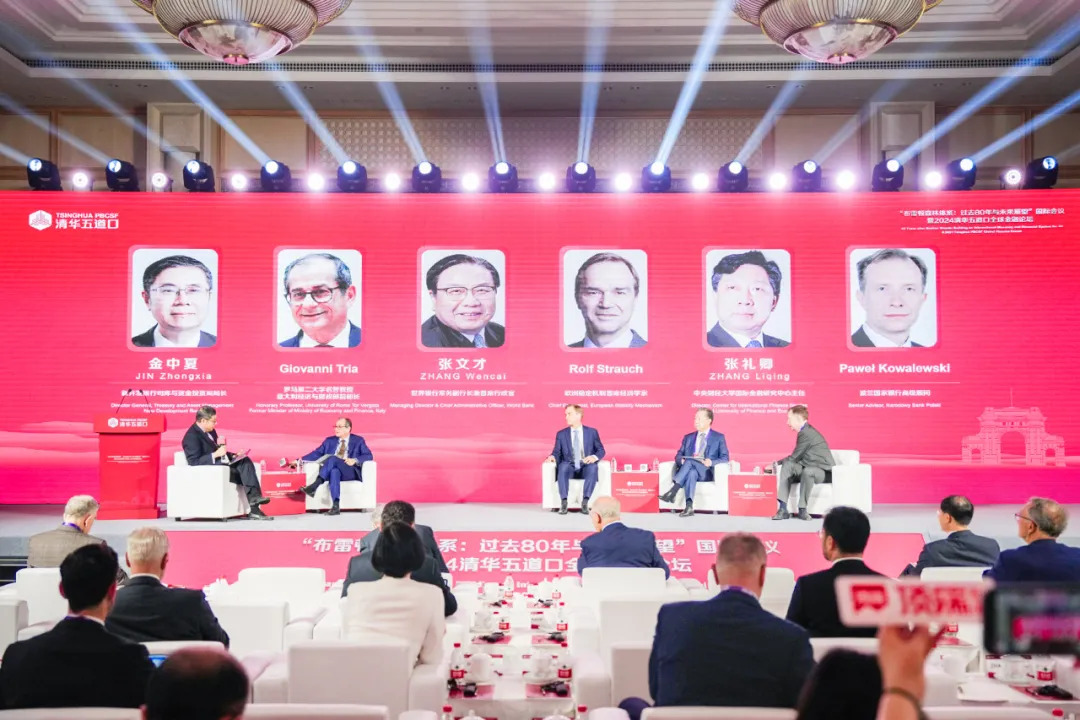
The picture shows the conference venue
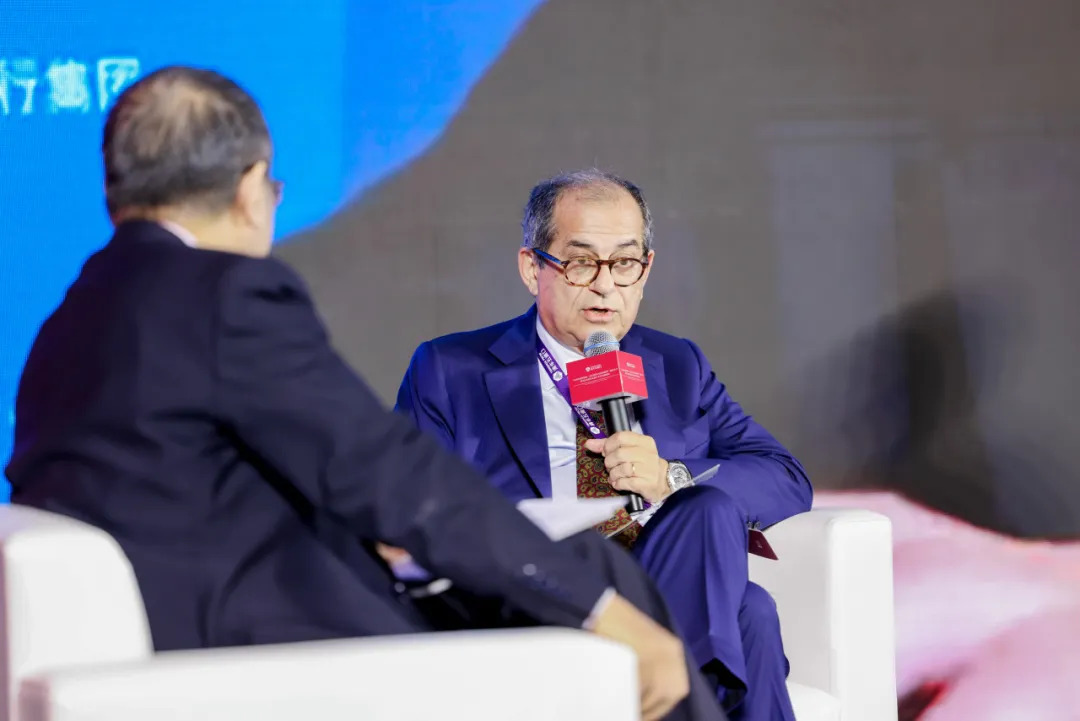
The picture shows Giovanni Tria
Giovanni Tria reviewed the origins, evolution, and current challenges of the Bretton Woods system. He noted that within this system, the U.S. dollar has always maintained its status as the principal reserve currency, an advantage enjoyed by the United States that has yet to be challenged by other currencies. However, Giovanni mentioned that assets denominated in U.S. dollars are highly susceptible to U.S. monetary policy and economic cycles. There is a need to reassess the rationality of this monetary system and consider whether there is a need to establish new rules for a revised Bretton Woods system.
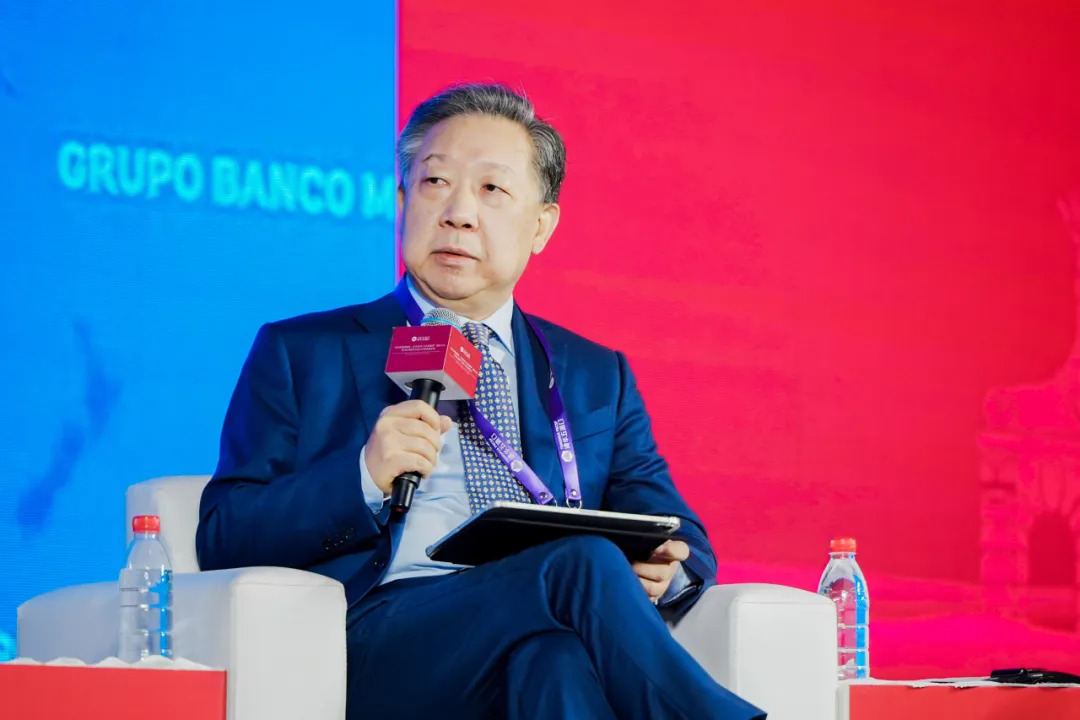
The picture shows Liqing Zhang
Zhang Liqing believes that over the past approximately 50 years, there have been four significant legacies that continue to play a crucial role in the world economy and financial sector. First, international economic cooperation under the multilateral framework is the fundamental spirit of the Bretton Woods system; second, the International Monetary Fund (IMF) and the World Bank Group, established under the Bretton Woods agreements, did not disappear with the dissolution of the system; third, after the breakdown of the Bretton Woods system, some countries have maintained a form of fixed exchange rate arrangements, which in some cases have even been strengthened; finally, although the IMF had actively promoted the idea of capital account liberalization, it ultimately adhered to the necessity of managing international capital flows.
In the face of the increasingly severe trend of geopolitical conflicts, Zhang Liqing believes that it is essential to actively promote governance reforms of multilateral institutions, including striving for a significant increase in China's quota in the next IMF quota review to better align with China's share of the global economy; second, to continue promoting the development of new multilateral financial institutions; and third, to further deepen market-oriented economic reforms, expand openness to the outside world, and encourage and assist some technologically advanced and competitively strong enterprises to invest overseas.

The picture shows Paweł Kowalewski
In his remarks, Paweł Kowalewski also cited examples of China's performance in the global economy. He referred to the concerns about floating exchange rates that emerged after the end of the Bretton Woods system. Many countries were reluctant to allow their currencies to float freely, yet wanted to maintain independence in their monetary policies, leading many to adopt linked exchange rate systems. Europe paid a price for this, and Asia experienced a financial crisis, where the devaluation of one country's currency led to successive devaluations in others. Fortunately, at that time, China stood its ground and did not devalue the yuan, which was also one of the prerequisites for China's entry into the World Trade Organization.
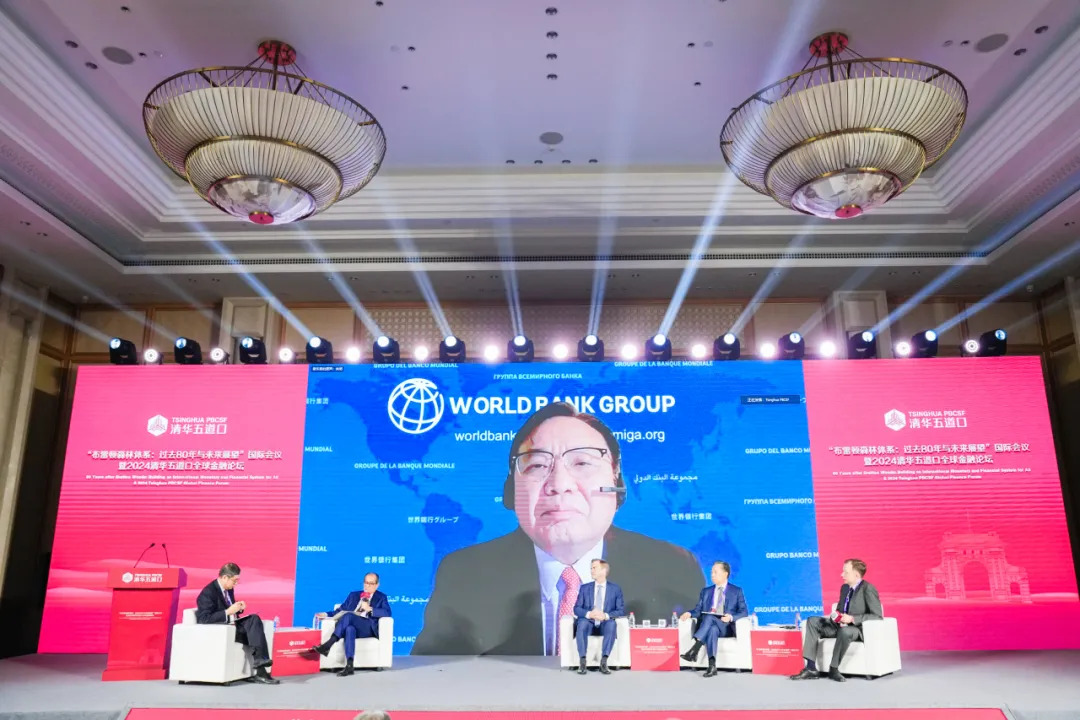
The picture shows Wencai Zhang attending the conference online
In his remarks, Zhang Wencai stated that since its establishment, the World Bank has continuously supported its client countries in improving the welfare of their citizens. To adapt to the ever-changing development needs, the World Bank has shifted its focus from post-war reconstruction to addressing continually changing priorities such as poverty reduction, education, health, social protection, and sustainable development, which are crucial for achieving development goals.
"The reciprocal partnership between China and the World Bank is a powerful testament to our collaboration," Zhang Wencai noted. This partnership has always been a cornerstone of knowledge exchange, financial cooperation, and innovation. Financing and knowledge collaboration are crucial in areas such as poverty alleviation, natural resource management, urban development, and energy efficiency. Additionally, Zhang Wencai emphasized that the various interwoven global development challenges require the World Bank to go beyond its historical scope. In response, the World Bank has adopted a new vision and mission, centered on eliminating extreme poverty and promoting shared prosperity.
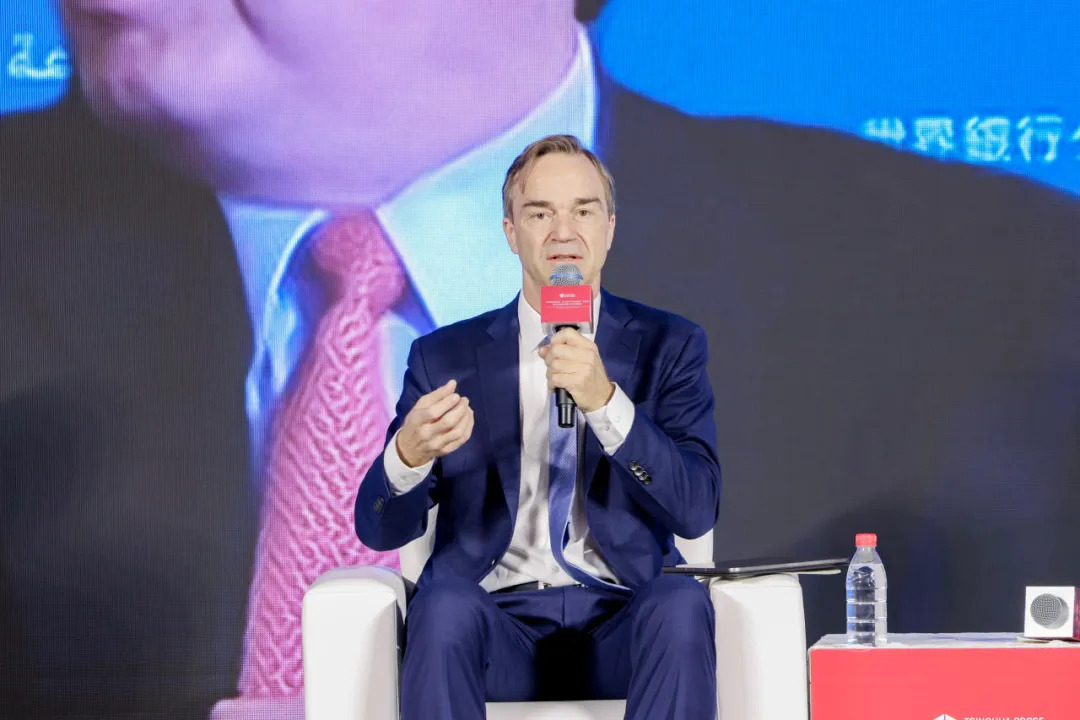
The picture shows Rolf Strauch
In his speech, Rolf Strauch emphasized that regional financing arrangements will be an essential pillar for future development. He specifically discussed experiences from Europe, where the lending conditions of European countries and the IMF differ. Some countries need to overcome their own debt issues to be able to return to the market.
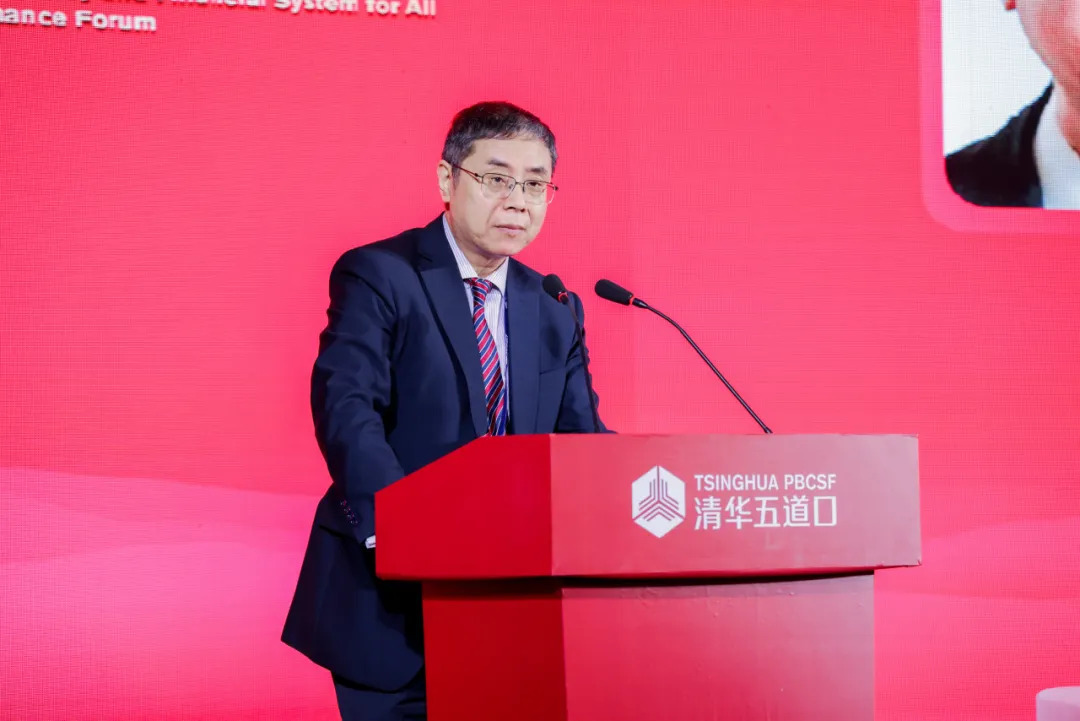
The picture shows Zhongxia Jin hosting the meeting
Regarding the "toolbox" used for financing, Rolf Strauch cited examples including sovereign debt and Europe's additional post-pandemic financing tools, such as the EMS. These financing tools and the regional financing arrangements they support will better address future challenges and become an important framework for achieving global financial stability.